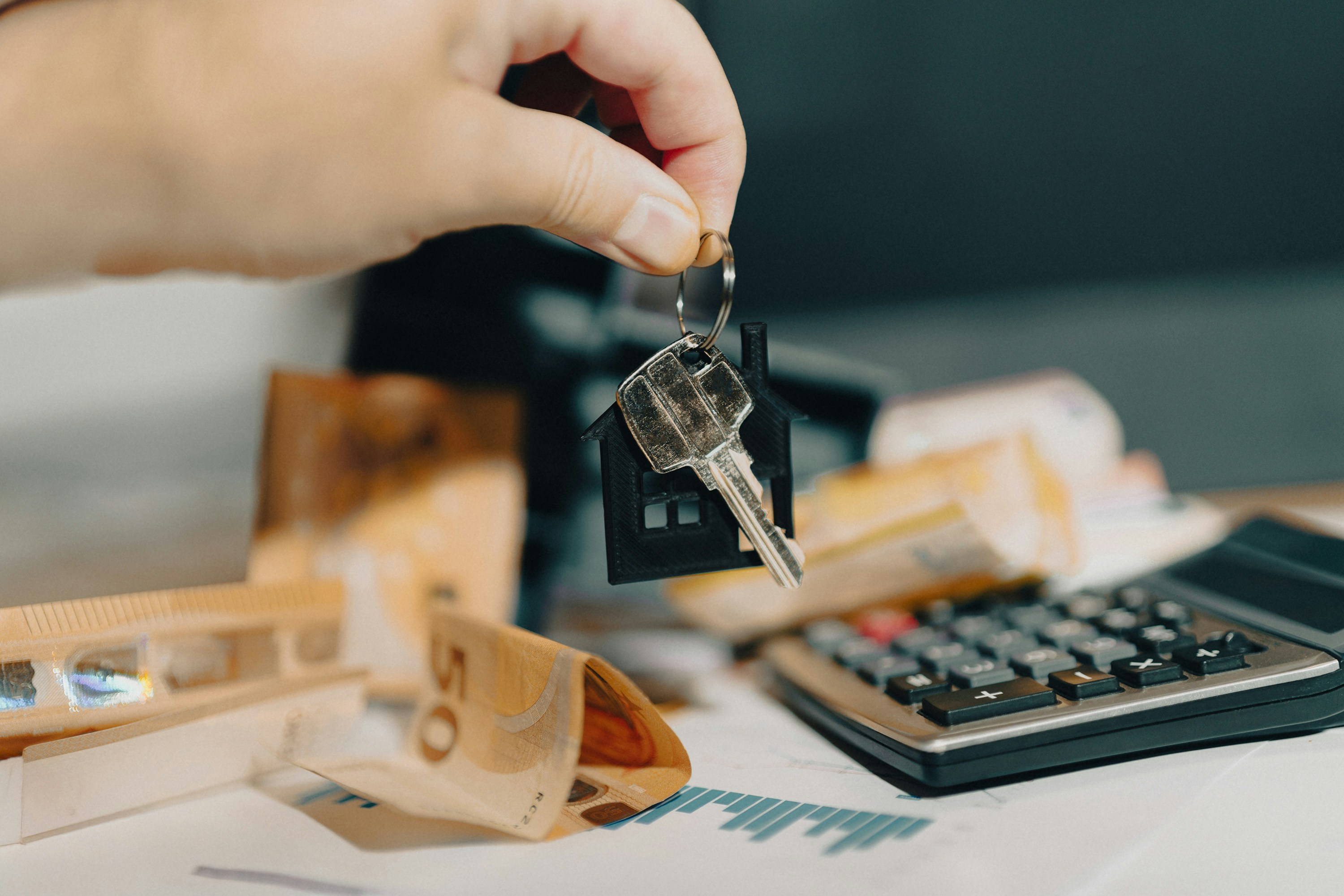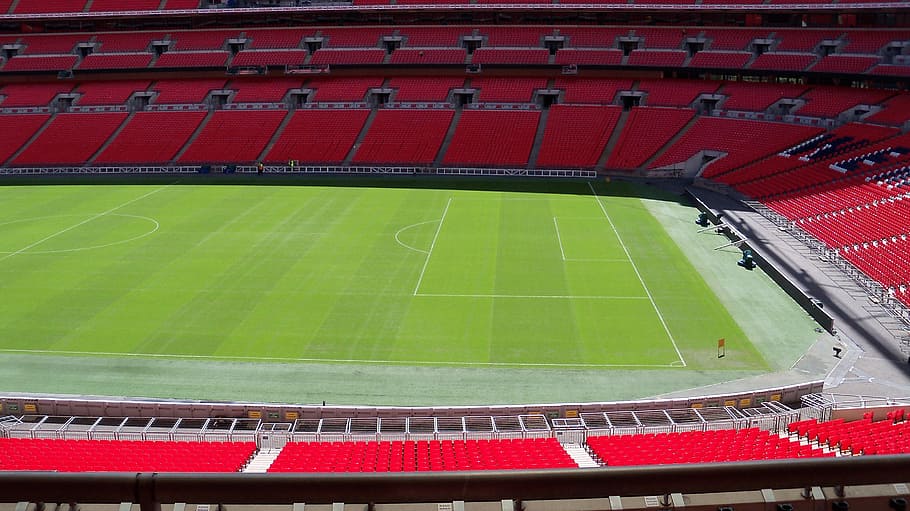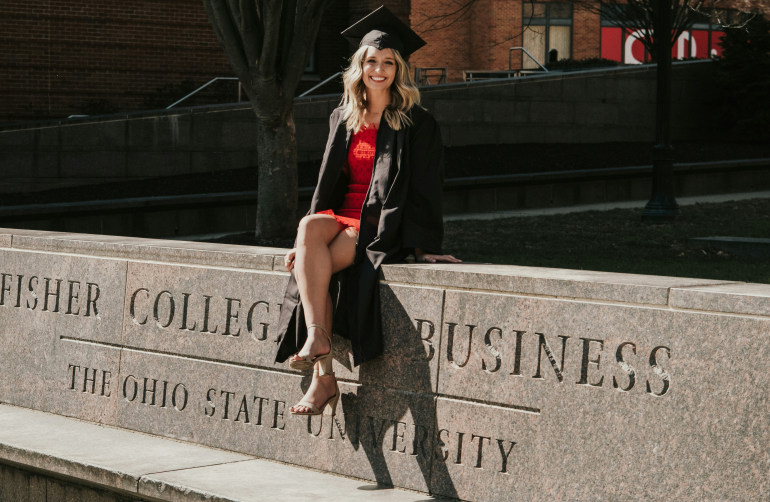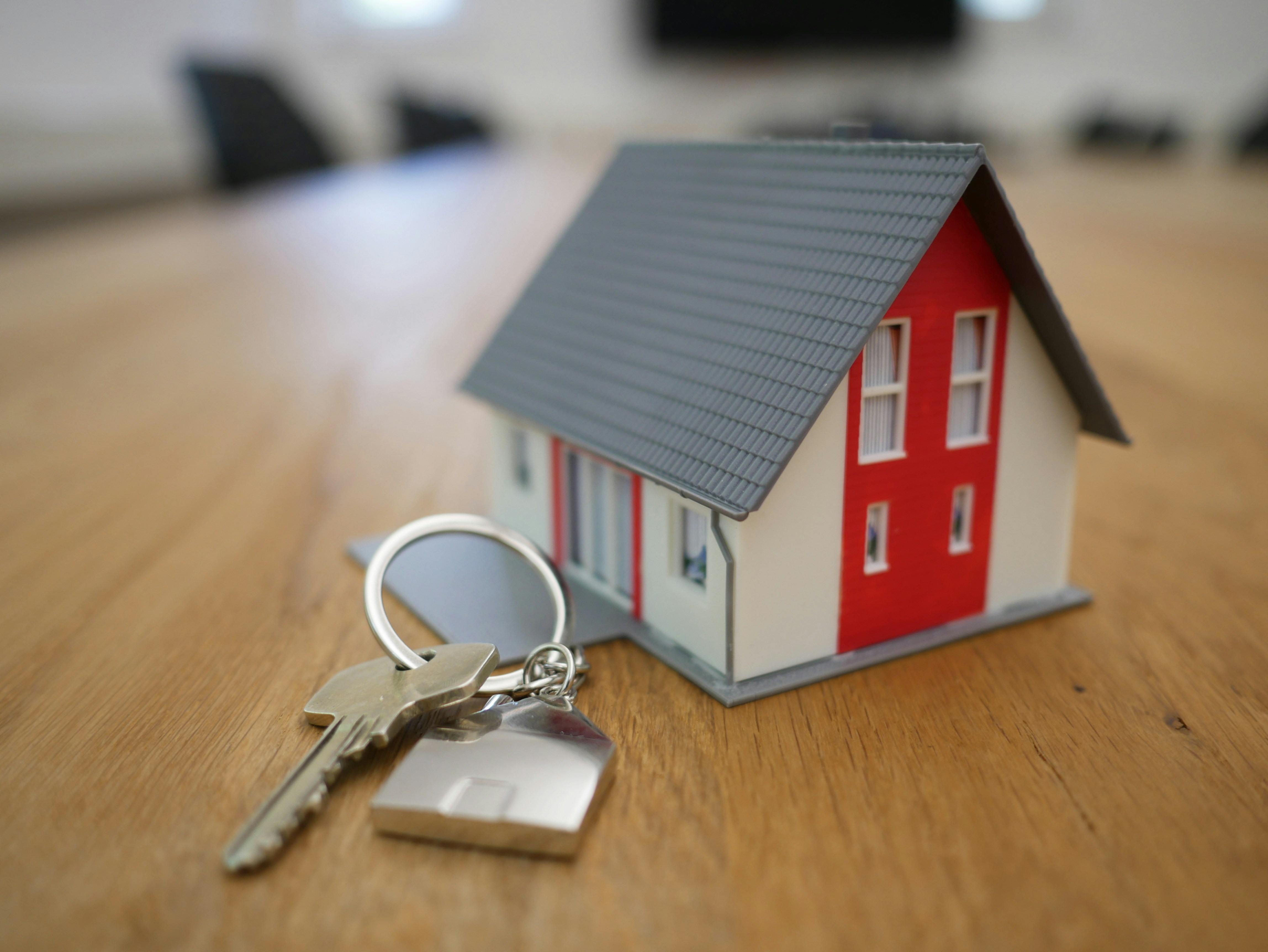Being a landlord can be a very cheering thing, but at the same time, it can be challenging and also means a lot of responsibility. Before renting out your property, a landlord has a list of things to check to ensure the next tenancy is safe and legal. You may wonder what is the landlord checklist for renting a house? This blog provides you with a step-by-step guide about how to check your property correctly. From legal license, and property check to pre-tenancy, during and after the tenancy checklist. Follow our landlord checklist for renting a house UK, it will make your landlord’s work run smoothly.
Preparation
Landlord checklist for renting a house begins with preparation, including documents of registration, property checklist. Below, we have listed the detailed items a landlord should check, check it out!
Registration and License
Before renting out your property, the first thing you need to do is to check if you have the right to rent out the property. In districts like Wales, Scotland, or North Ireland, you must register to become a lawful landlord. You can register through Rent Smart Wales Landlord Registration, Scottish Landlord Register, or NI Direct. While in England, only landlords of HMOs ( houses of mixed occupancy) must register on their local authority’s HMO register. If you aren’t registered as a landlord, you may face a fine or prosecution. Make sure you have a registration before renting. Except for registration, in some areas in England, landlords are required to have a license, check with the local council to see if you need to register for a license.
Landlord Checklist for Property
Safety should be a top priority on a landlord’s checklist, a landlord is obliged to keep the rented property safe and free from health hazards. Landlords must be able to provide tenants with up-to-date certificates about gas, electricity, and EPC, etc. And landlord should try to maintain a clean and comfortable house for future tenants. Below, we give you the detailed landlord checklist.
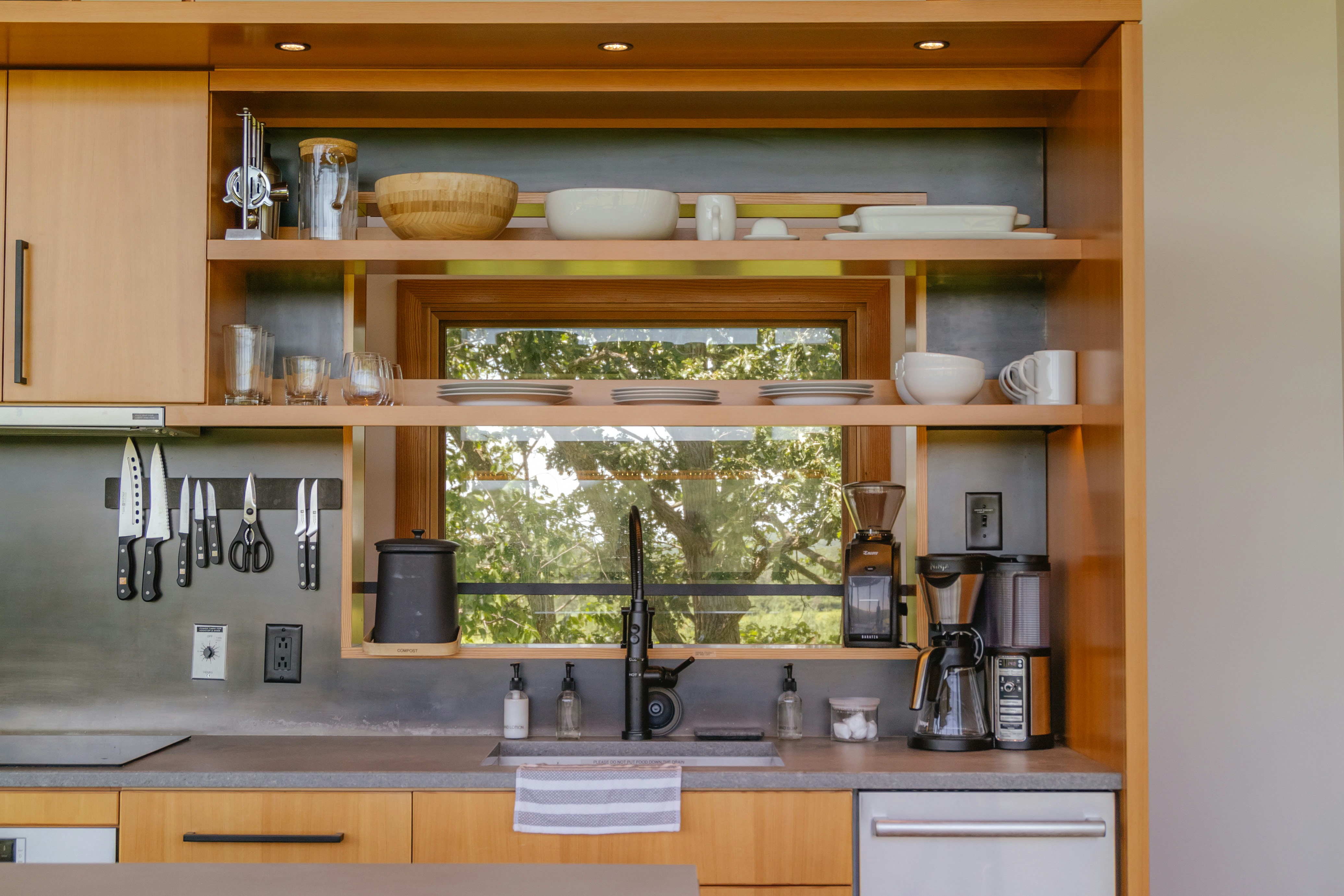
EPC
As one of the items on the landlord checklist for renting a house, an EPC gives each property an energy efficiency rating, and tells tenants how energy-efficient the property is. And the minimum energy rating must be “E” or above. The landlord must provide tenants with an Energy Performance Certificate (EPC).
Electricity Check
Electricity should be one of the top items to be checked on the landlord checklist for renting a house, as it’s very important. Landlords should ensure all sockets, light fittings, overall electrical systems, cookers, kettles, and electricity-related appliances in the home are safe. Make sure the electrician has already done a safety check as well.
Gas Check
Landlords are supposed to have a valid Gas Safety Certificate (CP12), and all gas appliances , pipes and flues must be checked by a gas safe engineer to make sure it’s safe.
Fire Safety Check
The landlord are legally required to install at least one smoke alarm on every property floor and a carbon monoxide detector in every room where a solid fuel-burning appliance is present. And make sure tenants have access to escape routes at all times. It’s one of the top items to be checked on the landlord checklist for renting a house.
Property Exterior Check
The exterior check includes the fire passage and fire exit, as well as surrounding environment, neighbourhoods, etc. to check if there are any hidden hazards outside. Make sure the property is in a safe area free from hazards such as unstable buildings.
Furniture and Furnishing
If you are planning to rent out a furnished property, check if the house is well-furnished. And check the cleanliness of those furniture. Most importantly, all the furniture must conform to fire safety standards.
Amenities Check
Amenities should be one of the basic items on the landlord checklist for renting a house. If the rented property is equipped with amenities, make sure amenities are all in good condition. Check the kitchen area to see if there is broken kitchenware, utensils, and poor ventilation, dishwashers; check the laundry, AC, taps, oven, etc. Different properties have different amenities, and it requires the landlord to check through all these amenities carefully.
Change the Lock
It’s one of the check items that landlords often ignore. If you are not the first time renting your property, it’s wise to change the locks for your next tenant’s safety so that previous tenants can no longer access the property.
Burglar-proofing
Meanwhile, in order to prevent outside danger, setting an alarm system, external lighting and robust windows could help.
Cleanliness
After the complete check, the landlord should ensure the final condition of the house is clean and tidy, and be free from hazards such as dampness, mould, pests, vermin, leaks, and holes. Check again the cleanliness of the carpets, kitchens and bathrooms. A clean and organised home can make tenants more willing to rent the house.
Landlord Insurance
Many ordinary home insurance products do not cover rented properties so having the appropriate building and contents insurance for letting a property is essential. Without the correct insurance you may not be able to claim and could face serious financial losses.
Advertising
After check off all the items on the landlord checklist, a landlord must thinking about how can he rent out the property. If you are planning to put your house on a letting agent, it makes your job easier, but it will make you obtain less profit from it, due to the agent fees; but if you want to rent out the house by yourself, then you need to have a good way of advertising, you can make a poster and advertising on the internet, make a web-friendly advertising with a short, snappy description and accompanying photographs of the highest quality to attract more tenants.
Pre-tenancy
After you have done the landlord check mentioned above, landlord checklist for renting a house also includes a few other things, checking the tenant’s identity, making a tenancy agreement, conducting an inventory, giving tenants rent guide and manuals, and updating council information.
Tenant Vetting
As a landlord, it’s crucial to know who rents your property. A landlord has the right to check the tenant’s identity and other background information. Landlords can know the tenant’s identity by checking tenants’ passport, driver’s license, birth certification, a certificate of registration or naturalisation as a British citizen. Also, don’t forget to check the tenant’s employment references, credit checks, etc. to make sure the tenants are eligible and capable of paying the rent.
Tenancy Agreement
A tenancy agreement is essential for both landlord and tenant. It’s an official contract that gives the tenant the right to live in landlord’s property and landlord the right to receive rent from tenants. The landlord should prepare a comprehensive tenancy agreement outlining the terms and conditions. For example, the landlord should make clear the proposed dates, duration of the tenancy, break clauses, deposits, clear procedures for rent payment and collection, and rent arrears issues etc., to decrease the possibility of conflicts and future legal issues. Both landlord and tenant must strictly follow the contract, if the landlord wants to make any change to the tenancy agreement terms, the landlord must negotiate with the tenant and get the tenant’s approval. It’s better to let the tenant keep one copy of the contract.
Conduct an Inventory
An inventory should be used as a checklist for both landlord and tenant, inventories record the property’s condition before and after a tenancy, just in case to claim damage fees from the tenant. Before the tenancy starts, tenants are also justified to use the inventory to check the property and note any changes to the report.
"How to Rent" Guide and Manuals
The Landlord is supposed to give the tenant a “How to Rent” guide either in hard copy or by email, and some instruction manuals on how to work things like the central heating, and any appliances you have supplied are also needed to provide to tenants.
Council Tax
Landlord need to tell the council so they they know who to charge council tax to. Update some key information in the council.
During the Tenancy
You may think a landlord checklist is done after the tenant signed the contract with you. Not yet, the landlord checklist for renting a house continues during the tenancy, there are also several things landlords must constantly check and make records.
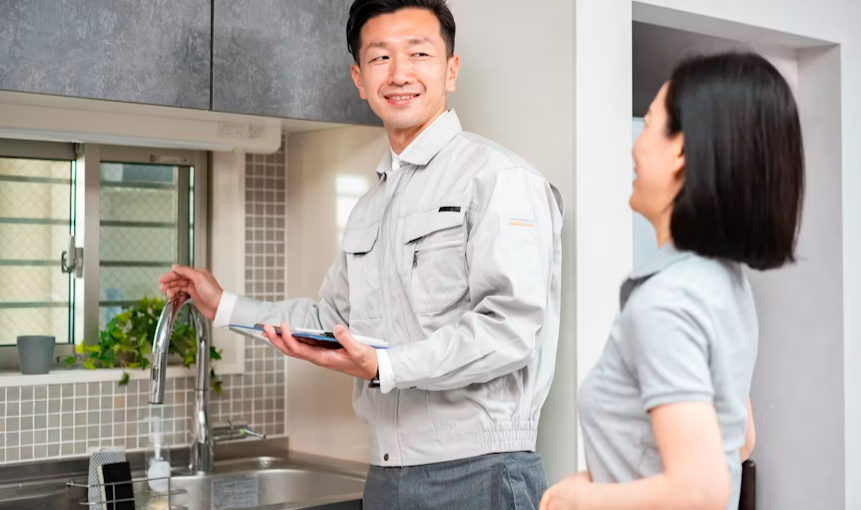
Regular Property Inspections
To better know the house condition, it’s wise for landlords to have regular property inspections, to identify any damage that does not correspond with the report. Then, when the tenancy is over, compare the property’s condition to the initial inventory to distinguish any deductions that need to be made from the tenant’s deposit. The inspections can also help landlord have more communication with their tenants.
Repairs and Maintenance
During those inspection, if a landlord identify any damage or items to repair, then be prepared to address necessary repairs and maintenance throughout the tenancy.
Record Keeping
Landlords should make a detailed record after each inspection, and maintain accurate records of all communications, payments, and maintenance work.
Protect Tenant’s Deposits
Tenant’s deposits need to be protect by the landlord during the tenancy. And landlords are obliged to place tenant’s deposits in government-approved deposit protection schemes, such as Tenancy Deposit Scheme(TDS), MyDesposits, and Deposit Protection Service(DPS). After the tenancy, if the tenant didn’t do any damage to the property, the deposits should be returned to the tenant.
Taxation on Rental Income
Once the landlord rents out the property, the landlord is obliged to pay their income tax on your rental income. Consult a tax expert to fully understand your liabilities and how to make the most of allowances.
After the Tenancy
Landlord checklist for renting a house ends at the end of a tenancy. After a tenancy ends, landlords should conduct a thorough inspection to assess the property’s condition and ensure a smooth transition to the next tenant. And try to always conduct the inspection with a witness or the tenant, and document everything with timestamps. This avoids disputes over deposit deductions later. If needed, there can be security deposit deductions, and provide an itemised deposit deduction statement within the legal time frame.
Know Landlord’s Risks
Renting out a property can be a profitable investment, but it also comes with various risks that landlords should be aware of and manage proactively. According to statistics, over half of landlords have experienced problems with a tenant at some point. You may encounter situations like non-payment of rent, property damage, breaching the tenancy agreement, legal liabilities, difficult evictions, and unexpected maintenance costs, etc. To reduce these risks, landlords should screen tenants carefully, set clear and firm boundaries between tenants and lease agreements to ensure that your tenants understand the consequences of their actions, And stay informed about local rental laws to help you minimize potential problems.
FAQs:
Landlords need to have a background check on tenants, then property check including gas, electricity, EPC, pipe, amenities, facilities inside and outside the house.
First, you need to have a registration, and landlord license, then you need to have a tenant check, property check, have required documents like EPC, and tenancy agreements, deposit scheme, and property inspection, etc.
Landlords generally check tenant’s proof of identity, rental history, employment and income documents, credit report, criminal history etc.
Yes, landlords in the UK may ask to see the tenant’s bank statements, they want to assess tenant’s capability to pay rent.
A landlord must give tenant tenancy information notice, EPC, deposit protection information, a a gas safety record and fitness certificate if applicable.
House inspection usually happens during the tenancy, it aims to inspect the property and make a record of its condition, and periodic inspection is to confirm that the property is being cared from tenants.
In the UK, landlords are legally required to provide basic kitchen facilities, including a cooker or a hob and oven, except that, most landlord would also provide common appliances like a fridge, freezer, and washing machine. These provided appliances vary from different landlords.
